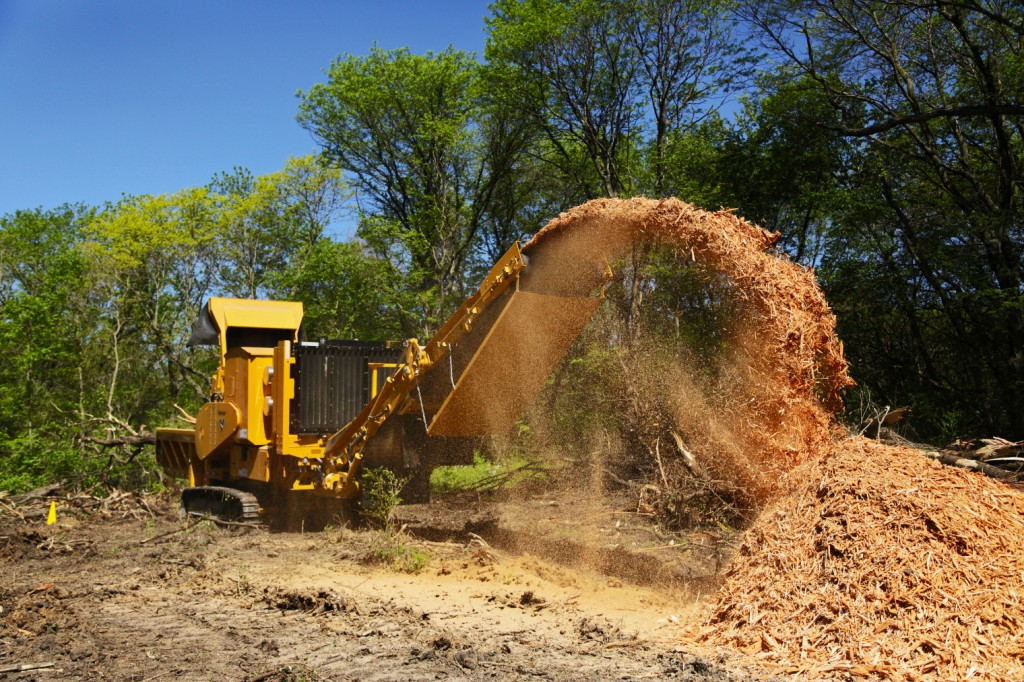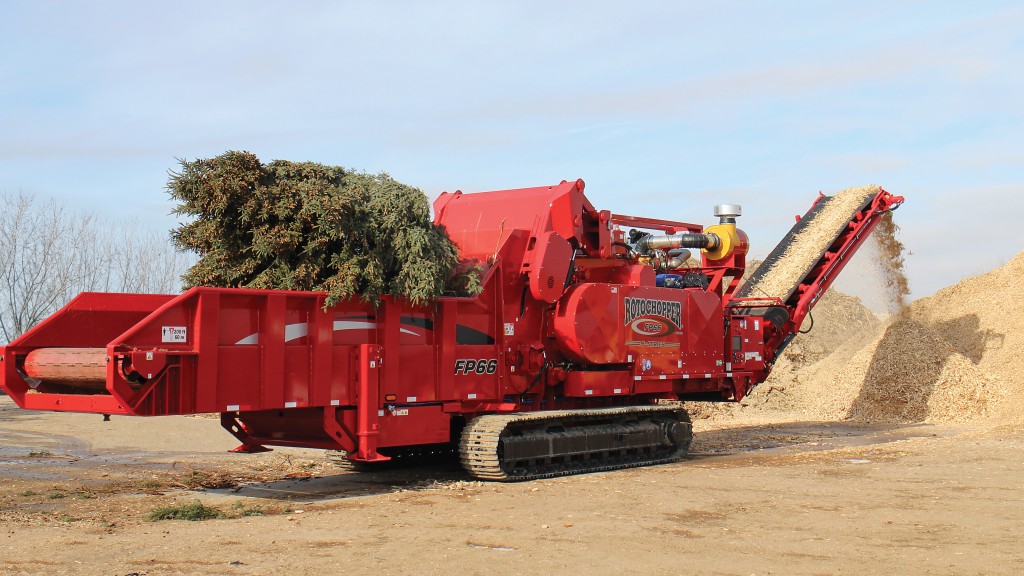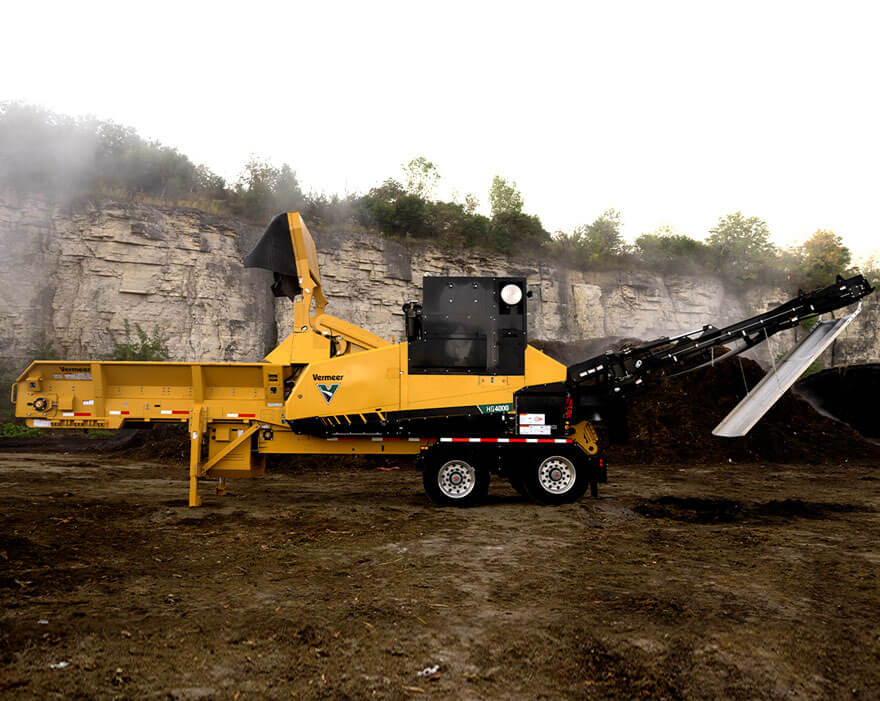Maximize Productivity with High-Quality Wood Grinders - Tailored Solutions for Every Task
Maximize Productivity with High-Quality Wood Grinders - Tailored Solutions for Every Task
Blog Article
Unlock the Prospective of Recycling With Advanced Wood Grinders: Streamline Workflow and Minimize Waste
One such solution that holds wonderful assurance is the innovative timber grinder, a modern technology that has the potential to open the true capabilities of reusing. By improving procedures and minimizing waste, these mills offer a novel approach to tackling the difficulties of timber waste handling. In this conversation, we will explore the answers to these inquiries and lost light on the untapped possibility of innovative timber mills in transforming the recycling market.
Reliable Timber Waste Processing
Effective wood waste handling is crucial for improving reusing procedures and taking full advantage of the application of this useful source. Wood waste, such as hardwood, lumber, and pallets, is a considerable result of various sectors, consisting of building, furnishings production, and demolition. To efficiently recycle this waste and handle, advanced wood grinders have become an essential service.
Advanced wood grinders are designed to effectively process wood waste right into recyclable products, such as timber chips or mulch, which can be utilized for numerous purposes. These grinders make use of powerful cutting systems and progressed shredding modern technologies to damage down wood waste right into smaller sized, extra manageable pieces. By reducing the dimension of the waste, the mills assist in less complicated transportation and storage space.
Along with dimension decrease, progressed wood grinders additionally play a crucial role in dividing contaminants, such as nails and screws, from the timber waste. This makes sure that the processed material is complimentary and clean from impurities, making it ideal for a variety of applications.
Efficient timber waste handling not just assists improve reusing operations but also minimizes waste. By handling and reusing timber waste, organizations can reduce their dependence on virgin resources, preserve power, and lessen the environmental influence connected with standard waste disposal approaches.
Sustainability in Waste Administration
Advertising sustainable practices and ecological duty, waste administration in the context of wood processing involves applying environment-friendly and effective techniques. In today's globe, where environmental issues go to the forefront, it is crucial for markets to take on sustainable waste monitoring practices. With the enhancing demand for timber products and the subsequent increase in wood waste, it has come to be necessary to discover innovative options that reduce the effect on the setting.
Sustainability in waste management entails numerous crucial elements. Firstly, it is essential to minimize the amount of waste generated in the timber processing sector. By implementing effective wood grinding methods, such as making use of innovative timber mills, the sector can significantly decrease the volume of waste produced. These mills are capable of processing large quantities of wood waste right into smaller sized, much more workable pieces, which can then be repurposed or recycled.
Secondly, lasting waste management focuses on recycling and reusing products whenever possible. Wood waste can be transformed into beneficial sources such as biomass fuel or garden compost. By repurposing timber waste, the sector can reduce its dependence on virgin materials and decrease the demand for garbage dump room.
Finally, sustainable waste monitoring includes reducing the environmental impact of waste disposal. Timber waste that can not be reused or recycled must be disposed of in an environmentally responsible manner. This might involve appropriate sorting and partition of waste, as well as using technologies that transform waste right into energy through procedures like anaerobic digestion or incineration with energy recuperation.
Boosted Recycling Operations
To maximize wood waste administration and make the most of recycling initiatives, the application of advanced timber mills is necessary for enhancing recycling operations (wood grinders). These devices offer a variety of benefits that can significantly enhance the effectiveness and effectiveness of recycling processes
Among the essential advantages of sophisticated timber mills is their capacity to process a variety of wood waste materials. From pallets and crates to tree branches and stumps, these grinders can effectively damage down timber waste into smaller, more workable items. This not just helps with less complicated transport and storage space but likewise makes it possible for the recycling of a greater volume of timber waste.

Moreover, advanced wood grinders are geared up with features that improve safety and lower downtime. These devices are created to run effectively and dependably, decreasing the demand for repair and maintenance. This permits recycling operations to run smoothly and constantly, inevitably raising productivity and reducing expenses.
Optimizing Source Utilization
With the capacity to properly process a vast array of wood waste materials, progressed wood mills play an essential role in optimizing source usage within recycling operations. These machines are developed to successfully transform timber waste into valuable timber chips or mulch, which can after that be utilized in various sectors such as landscaping, biomass power manufacturing, and animal bedding.
By using sophisticated wood mills, reusing procedures can substantially decrease the quantity of wood waste that finishes up in landfills, assisting to preserve valuable landfill area and minimize environmental influence. The processed timber waste can be repurposed and made use of as a renewable energy, adding to an extra circular and sustainable economic climate.
In addition, progressed timber mills allow recycling procedures to remove the optimum value from timber waste materials. These makers have the capability to create consistent and premium timber chips or mulch, which can be marketed as useful products in the marketplace. This not only generates earnings for reusing operations but likewise creates chances for the growth of brand-new markets and partnerships.
In addition to optimizing resource application, advanced wood grinders additionally contribute to the general efficiency of recycling operations. These makers are designed to deal with big quantities of timber waste swiftly and properly, see here decreasing processing time and labor expenses. They also have safety functions and advanced modern technologies that make sure dependable and smooth procedure, decreasing downtime and taking full advantage of performance.
Decreasing Environmental Footprint

Among the vital advantages of using advanced wood mills is the manufacturing of valuable products from timber waste. These mills have the capacity to transform timber waste into wood chips, mulch, or biomass fuel, which can be utilized in different industries such as building and construction, landscaping, or energy manufacturing. By changing waste into helpful products, these grinders add to an extra lasting and round economic situation.
Moreover, progressed wood grinders are geared up with sophisticated innovations that enhance their efficiency and reduce energy consumption. They are designed to take care of huge quantities of wood waste in a short quantity of time, permitting reusing operations to streamline their procedures and boost efficiency. This not only minimizes the environmental impact of reusing operations but additionally boosts the general efficiency of wood waste monitoring.
Final Thought
Finally, advanced wood mills supply a promising solution to open the capacity of recycling by reducing and simplifying operations waste. These mills allow reliable wood waste handling, enhance reusing operations, take full advantage of resource application, and minimize the ecological footprint. wood grinders. By taking on these innovations, companies can contribute to an extra sustainable waste monitoring system, guaranteeing the reliable utilization of sources and minimizing ecological impact

Report this page